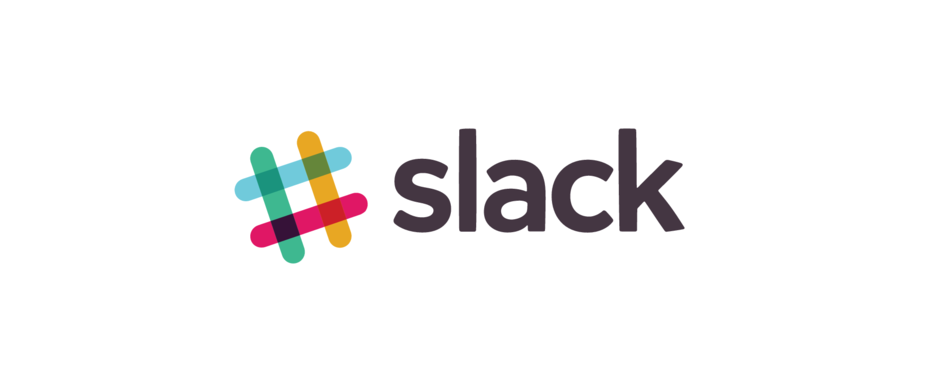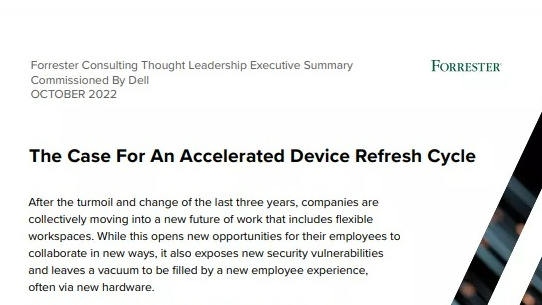Slack now counts four million daily users
Messaging app hails "expanding role" in business ecosystem

Slack has reached over four million daily active users worldwide.
The cloud-based messaging app, popular among workplaces, is considered the fastest growing business application ever with more than 1.25 million customers paying to use the service.
A number of high profile companies, such as LinkedIn, eBay, Conde Nast, and EA, use the messaging service that now has a current annual revenue of $100 million.
The service allows users to communicate with others through dedicated channels, and customise usability through apps such as Trello, Skype and Dropbox. These and other Slack plug-ins are now downloaded 415,000 times each month, hitting a total of six million downloads since the service launched in 2013.
Nearly half of all Slack users are outside the US, with customers in the UK, Japan, Germany, France and Australia.
"Continued momentum on the Slack platform is an important sign of the expanding role we play in the business software ecosystem," the company stated in a blog post.
"When we say 'Slack is where work happens', we don't just mean people sending messages to one another, but the integrated workflows, business processes, data streams and applications that spin the gears of work for tens of thousands of our business customers around the world," the firm adds.
Get the ITPro daily newsletter
Sign up today and you will receive a free copy of our Future Focus 2025 report - the leading guidance on AI, cybersecurity and other IT challenges as per 700+ senior executives
The San Francisco-based company now employs 650 staff in seven offices globally, with offices in cities such as New York, London and Melbourne.
Slack has a number of rivals for its crown, however, with Facebook the latest to launch a competitor, Workplace, just last week.
Dale Walker is a contributor specializing in cybersecurity, data protection, and IT regulations. He was the former managing editor at ITPro, as well as its sibling sites CloudPro and ChannelPro. He spent a number of years reporting for ITPro from numerous domestic and international events, including IBM, Red Hat, Google, and has been a regular reporter for Microsoft's various yearly showcases, including Ignite.
-
 Bigger salaries, more burnout: Is the CISO role in crisis?
Bigger salaries, more burnout: Is the CISO role in crisis?In-depth CISOs are more stressed than ever before – but why is this and what can be done?
By Kate O'Flaherty Published
-
 Cheap cyber crime kits can be bought on the dark web for less than $25
Cheap cyber crime kits can be bought on the dark web for less than $25News Research from NordVPN shows phishing kits are now widely available on the dark web and via messaging apps like Telegram, and are often selling for less than $25.
By Emma Woollacott Published
-
 'Digital hide-and-seek': Workers are wasting hundreds of hours a year sourcing the information they need to carry out their role
'Digital hide-and-seek': Workers are wasting hundreds of hours a year sourcing the information they need to carry out their roleNews Knowledge workers globally are wasting a quarter of their working week tracking down information, new research from Atlassian has revealed.
By George Fitzmaurice Published
-
 Untethered: How CIOs and CISOs are paving the way for the new hybrid workforce
Untethered: How CIOs and CISOs are paving the way for the new hybrid workforceWhitepaper Effective techniques to transition from exposed legacy infrastructure to an effective zero trust strategy
By ITPro Published
-
 Unlocking the power of your digital services
Unlocking the power of your digital servicesSponsored Businesses have invested significant cash into technology since COVID-19, but are they really getting their money's worth?
By ITPro Published
-
 Delivering fast and secure digital experiences for the modern hybrid workforce
Delivering fast and secure digital experiences for the modern hybrid workforceWhitepaper A new approach to digital experience monitoring that can monitor the health of all systems
By ITPro Published
-
 Collaboration is the glue that holds your business together
Collaboration is the glue that holds your business togetherSPONSORED A combination of productivity tools and cloud telephony can enable the best from your workforce
By ITPro Published
-
 The future of work and the forgotten workforce
The future of work and the forgotten workforcewhitepaper How to deploy a mobile-first strategy so no one gets left behind
By ITPro Published
-
 The case for an accelerated device refresh cycle
The case for an accelerated device refresh cycleWhitepaper Achieving a more cost-effective device lifecycle overall
By ITPro Published
-
 Employees are choosing how they work
Employees are choosing how they workWhitepaper And with the right secure digital strategy, this could be a great thing for your business: today and far into the future
By ITPro Published